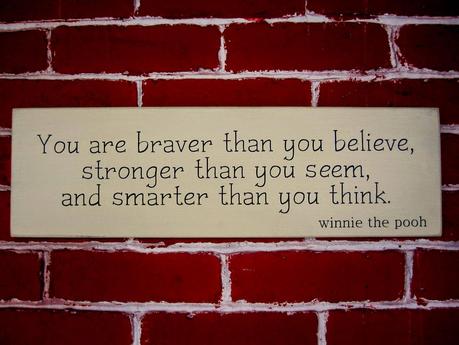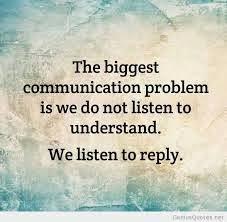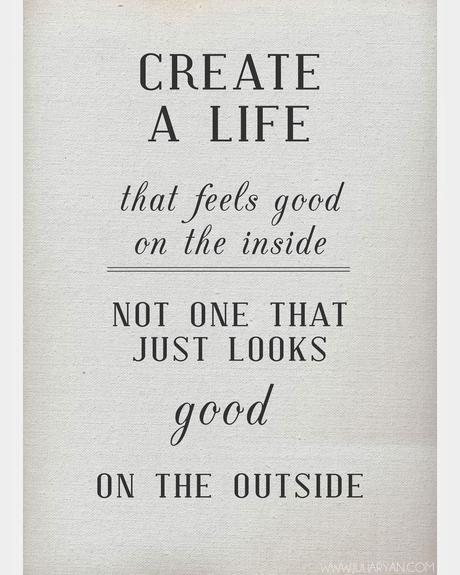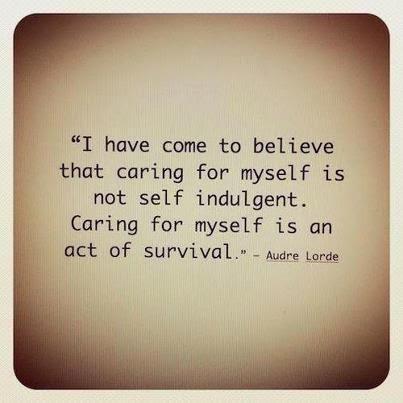Sometimes it is hard as the warrior to understand just how hard it is for those that love us. I am not saying this to take away from how tough our fight is, but it is something that does need to be addressed because it is tough for caregivers and I know this first hand. I have seen and helped (at least I hope I helped) someone that I love very much recovering from a massive stroke. It was emotionally tough for me, not nearly as tough as their recovery and journey back to health. But nevertheless there were moments when I could feel my heart braking and felt helpless to do anything to make it all better.

I am now on the opposite side of the fence; needing help and care, with the understanding of how this is for others. So I have decided to dedicate this post to those of us out there who care for us when we are desperate, at our lowest and giving up.......which happens. One of the main things that I found difficult was the frustration at not being able to do very much to help. There were physical constraints, I couldn't be there 24 hours a day as I had to work and I lived further away than I would have wanted to. There was the emotional constraints where I didn't want to tell them how I felt for fear of making them feel bad and ultimately there was the fact that I had to let time take its course as I am not a miracle worker. It's not easy, it is very hard and this is why sometimes we all need a little help. So, here are my top tips from someone that has been on both sides of the fence.
Communication is key
One of the most frustrating things for me is my lack of articulation nowadays due to the brain fog. I cannot find the right words and when I am tired of have a virus this is heightened to the maximum. On top of this I will still hide how I feel from time to time, because I don't want to upset anyone, which I realize doesn't help at all. However, one of the toughest things for a patient to do is admit that they need help and be able to communicate this effectively.

Then there is the flip side of the caregiver. You will have to learn the different signals that your loved one has in order to differentiate when someone really needs help and when they don't. There is a fine line between remembering that your loved one can do some things alone and being there when you know they can't do something. This is now easy feat. You just want to help as much s possible and they may not always say when the pain is getting too much. An open and honest line of communication is the key to understanding both parties needs.
Learn as much as you can
Lupus, chrons, fibromyalgia, scleroderma......they all come with a variety of different treatment, hospital visits, doctors appointments, lifestyle changes and so on. It is a complicated journey that as a patient you are thrown into. I mean I get a letter with blood test results and then have to look them up myself to find out what they mean. All the abbreviations...LgM....ANA etc, all the specialists, all the symptoms. It is very confusing and the only way I have learnt to deal with it is too educate myself as much as I can.

This is also incredibly important as a caregiver. Lupus for example is a very complex disease, often with many other secondary conditions and many doctors who you have to see for very different reasons. This can make it ten times more confusing for the loved one than the patient themselves as they most probably know what each stage means. The best way to stop the worry for yourself and to help them is to learn as much as you can. This will set your mind at ease, offer you an insight into what your loved one is going through and help you too work together as a unit rather than separately.
Never loose sight of the person
This is one of the most important tips I can offer because it is one of the easiest traps to fall into. When you love someone who is desperately sick all you want to do is keep them safe. It is natural human nature, but it can easily get out of control for everyone involved. You can loose sight of the person and just see the illness, trust me I worked in care for years and saw it happen many a time because loved ones want to protect and that is great but it is not healthy.

There will be things that your loved one can do, even if they are in the grips of a mega flare up or bed bound. It could be that they can still look after their personal care, they can still do their own makeup and most importantly they can still make their own decisions. This is one point I cannot stress enough, when you are limited by mobility or ill health, you need to take pride in the things you can achieve, which can be hard for caregivers to understand.
Look after yourself too
Along with the last point, it is all too easy to loose yourself when caring for others. You may get stressed by the situation, frustrated, have to learn to live with a limited social life or even change your normal routine. It is not an easy thing and it can be damaging to your health if you don't take time to look after you too. I guarantee that your loved one would not want you too suffer because they are ill.....so make sure you don't.

There are many simple everyday things you can do. You need to eat well, stay active and rest as much as possible, all obvious things. On top of these though, you must make sure you give yourself regular time to maintain your happiness. This may be a regular coffee with the girls, going to the gym, relaxing at a spa....whatever it is that you love to do. The last thing that you need is to burnout and that will not help you or your loved one.
Stay positive in the face of adversity
Finally and possibly most importantly, stay positive. This is not so much about faking positivity, but more about creating a positive environment for yourself and the person you are helping. There are so many studies out there that offer inordinate amounts of evidence proving that happiness and mental well being go hand in hand. I know from my experience, periods of negativity and stress make me flare up, so if you are looking after me and I am stressed then you will have a far harder job. This then goes hand in hand with you, if you are unhappy you will end up mentally under the weather. This can lead to resentment of the person you are caring for or a loss of your self confidence.

creating a positive atmosphere during a tough physical time is hard, but there are many small things you can do. Looking after yourself is the first thing; if you are burnt out you will only give out this energy. Then there are things such as making sure you both eat healthily and rest as much as you both can. Finally there are the small fun things we all love to do. Maybe you could set aside one night a week for a film night, with popcorn and sweets. You could both take on a positive challenge, like learning a language together or learning to knit. Finally, when times are low, a simple smile and a hug are the best medicine.
